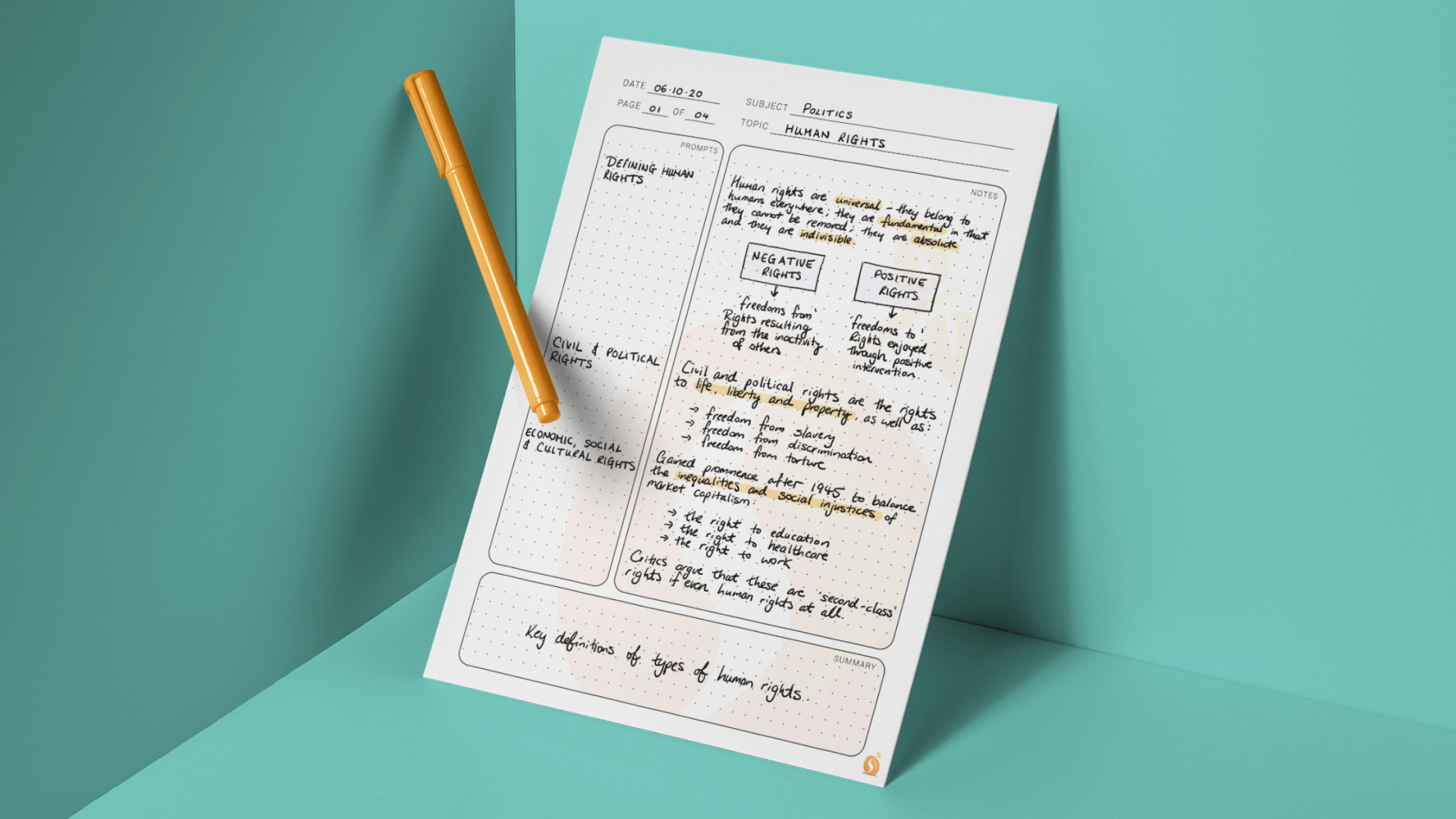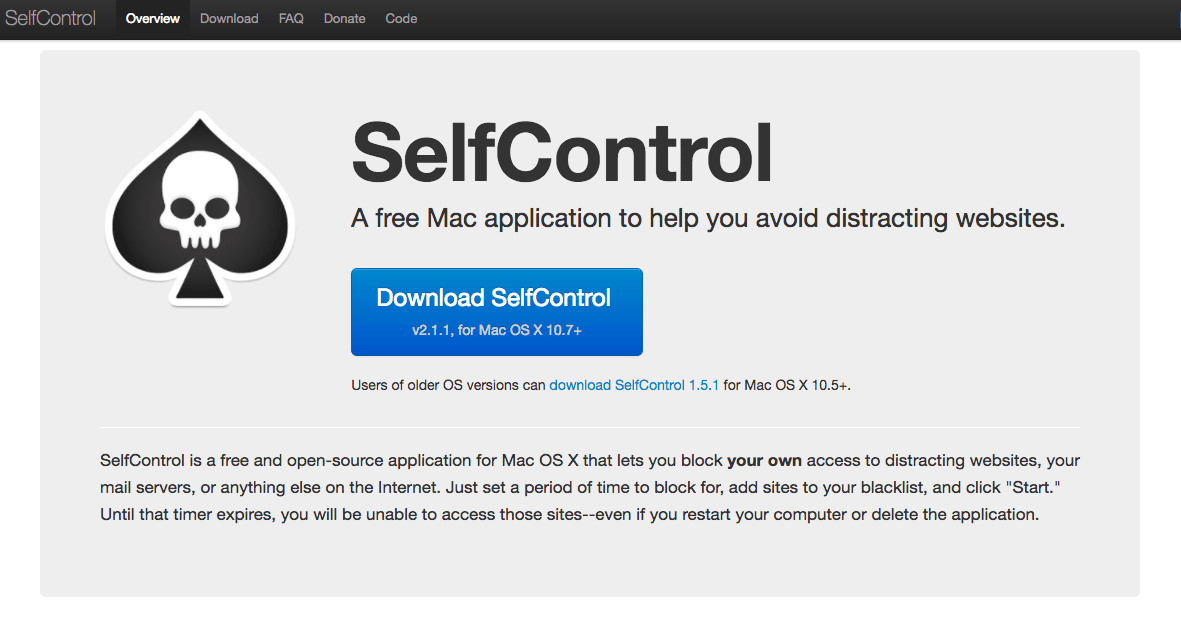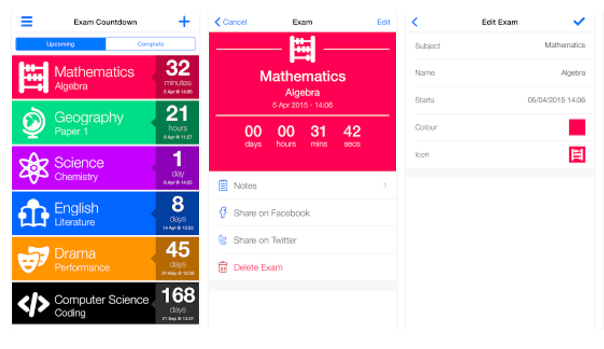3 Things You're Doing Wrong when Revising
Here are some things you need to avoid when preparing for your exams:
1. You aren't managing your time effectively
Time management is key to good exam preparation. Depending on how long you have until your exam date, you'll want to have a plan in place for how you're going to make the most of your available time. Let's break it down into chunks here:
Months before the Exam:
- Find out what modules and topics are going to be in the exam and list these in order of how difficult you find them.
- Draw up a loose plan of how long you think you'll need to spend going over the harder topics. Bear in mind that you probably still haven't learnt everything that's going to appear on the exam yet.
- Work backwards from your exam date and estimate when you're going to need to start your revision - you may be surprised at just how early you'll want to begin in order to fully prepare.
Weeks before the Exam:
- Print off a weekly timetable of the days between now and your exam date.
- Cross out any days that you know you'll not be revising on. Be ruthless here - it's all very well to say you'll do some revision after your cinema date next Tuesday, but we all know that's probably not going to happen! Remember to take school hours, your work rota, trips away, social activities and major events into consideration when you're doing this.
- At this point, the number of days you thought you had available to revise on should be looking a lot smaller. Don't panic! Now is the time to plan out the remaining days effectively. Allocate more time for those harder topics and make sure you begin with them so that they aren't being left until it's too late.
- During your revision sessions, make sure that you use a daily revision planner to use your time effectively. We have some revision planner templates available for free - just pop us a message on our Facebook page and we'll send you a PDF copy.
- A daily revision planner allows you to list the topics that you need to cover in a single revision session and the amount of time you're going to spend on each one before moving on to the next.
- Don't let yourself get overwhelmed. You know what topics you need to cover - so break these down into manageable portions and allocate time to each one.
- It's important to avoid going over your designated time on a single topic at this point. When the allocated time is up, move on to the next topic - even if you're not finished. You can always come back to any unfinished topics if you have time at the end of your revision session.
2. You aren't making the most of revision apps
We know that technology can be a distraction during revision time, but there are some wonderful apps out there that you should be taking advantage of when preparing for your exams. Here are a few of our personal favourites (that we've personally used!):
- SelfControl - Block your own access to distracting sites (*cough* Facebook)
https://selfcontrolapp.com/ (Free download for Mac users. Some variations exist for Windows and Linux but we haven't personally tried these.)
This one is a life-saver. Sometimes you need to be on your desktop or laptop during a revision session and it's oh-so-handy to have a Facebook or Youtube tab open in the background. Next thing you know, hours have passed and the only thing that was kept in the background was your revision. This app lets you input a list of websites you know you'll get distracted by and completely blocks your access to them until the timer that you've set is up. It's so effective, even uninstalling the app to regain access during the timeframe won't work - trust us, we've tried.
- Exam Countdown - Keep track of all your exam dates
IOS - https://itunes.apple.com/gb/app/exam-countdown/id873279955?mt=8
Android - https://play.google.com/store/apps/details?id=uk.co.beyondlearning.examcountdown&hl=en_GB
We weren't kidding when we said time management is important. This handy app lets you input all of your exam dates and sets a countdown for each one so you can see how long you have left to prepare for your exams - down to the last second
. This one works a dream for visual learners as well, since you can colour-code each of your exams and organise them using notes and icons.
- Forest: Stay Focused - Don't let your phone distract you when revising
IOS - https://itunes.apple.com/gb/app/forest-stay-focused-be-present/id866450515?mt=8
Android - https://play.google.com/store/apps/details?id=cc.forestapp&hl=en_GB
We love this app for its visual aesthetic - and its effectiveness! Basically, you set a timer for how long you want to focus on revising (25 minutes is ideal, but that's another article altogether) and a little tree is planted on your phone screen. If you exit the app to check up on your Snapchats or Instagram, you kill the tree. Do you want to kill the tree? Of course not. This one really motivates us to stay focused for short, intensive revision periods.
3. You aren't using the right revision techniques
Everybody is different and that means that we all revise better using different techniques. How do you know which technique is best for you? The first thing you need to do is identify what type of learner you are - then you can hone your revision techniques accordingly.
Visual Learners:
Visual learners learn best by watching or being shown how things are done. Effective techniques for visual learners include:
- Mind maps and spider diagrams
- Colours - highlighting notes and colour-coding pages
- Tables and charts
- Drawings and sketches
- Videos - there are plenty of instruction videos on Youtube that may come in handy for revision
Auditory Learners:
Auditory learners learn best by listening to instructions and sounds. Effective techniques for auditory learners include:
- Discussions - arrange a group revision session or talk over your revision notes with friends and family
- Reading your notes aloud
- Using mnemonics to memorise key snippets of information
- Recordings and rhymes
Tactile Learners:
Tactile learners learn best by actually doing things physically. Effective techniques for tactile learners include:
- Highlighting notes
- Creating index or flash cards
- Writing on post-it notes and displaying these
- Applying problems to real-life examples (particularly useful for mathematics revision)
- Making charts
If in doubt about your revision approaches, ask someone for help! Your friends, parents, guardians and teachers are all sources of advice and information. At Studyseed CIC, we're happy to assist - join us on Facebook
and pop us a PM if you have any questions about your exam preparation and revision techniques.
If you live in Northern Ireland, why don't you drop in to see us
in our centre in Co. Armagh - we're always happy to help! We also have Belfast, Lisburn and Craigavon tutors for home tuition and we run group revision courses from our tuition centre in all subjects and levels.
Share this Article:
Join our Facebook community:












